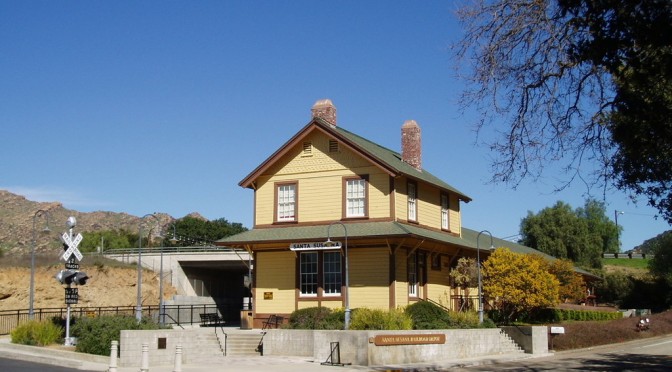Kenneth Piper, August 19, 2014
Procter Thomson was an Economics Professor at Claremont Men’s College. He had a dry humor, and I liked him a lot. But I was not an Econ major, and it was not the economic theory he taught us that stayed with me; it was “Thomson’s Laws,” a group of universal truths that he had come up with over the years. Some of them seem trite, some profound. But he had a reason for them all. In some cases, I even remember the explanation.
I. Greed is good. – Procter Thomson
Now I must admit that this is one that I never really embraced. I realize that he was talking about economics, but I am not an economist and it just gets in the way with my ethical beliefs.
Everybody wants something for nothing. The rich liberal establishment wants to institutionalize charity. Tax everyone to give to the poor, and they can feel justified in their wealth. Conservatives say that individuals and corporations should give charitably with compassion for those with less – but they may not do as they say. Libertarians might say, “Don’t tax me and don’t make me give to someone else either.” The poor, and many others, just want something; they don’t care from where.
College students and their parents want to tax others so that their tuition can be subsidized. Spread that burden around to include those who do not benefit from it. I know. I turned down a full Navy scholarship, which came with a four-year commitment after graduation, in favor of a state scholarship that only paid tuition. That seemed like free money. Of course, that was during the Vietnam War. I have sometimes wondered whether that was the right thing to do – not because I felt guilty about accepting the free money, but because I could have seen the world (forty years later, I have still not seen much of it).
But I have come to realize that getting something for nothing is not very satisfying. I do good work, but have often felt that what I worked on during my government career is of little value. Nobody really cares about most of it, at least outside of the government agency I worked at. I made a decent salary, so sometimes it felt like I was getting something for nothing.


